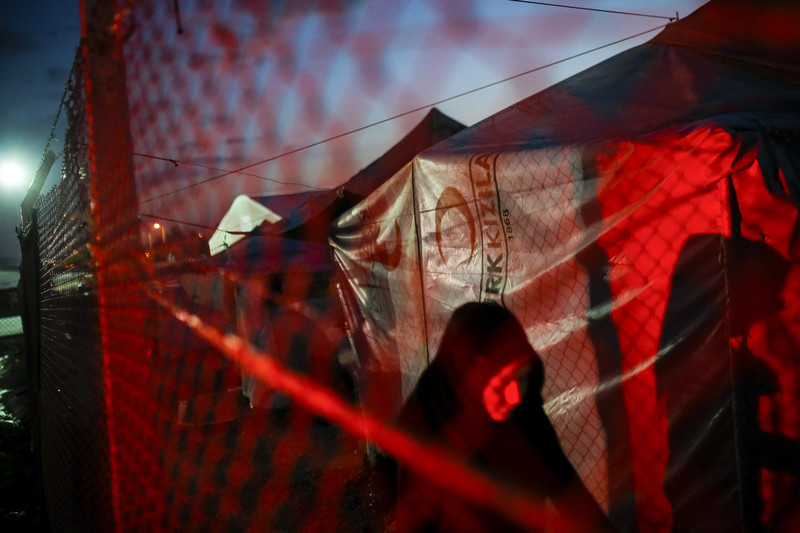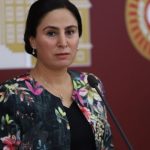Turkey has beaten and forced hundreds of recognised Syrian refugees back into Syria over the past year, according to a new report.
“We wrote hundreds but I imagine it’s maybe the tip of the iceberg,” said Nadia Hardman, a researcher at Human Rights Watch, and co-author of the report.
The NGO on Monday (24 October) released the 10-page damning indictment on how Turkey is turning against the 3.6 million Syrian refugees it currently hosts.
With government plans to resettle some 1 million Syrian refugees to buffer zones in northern Syria, the issue comes amid anti-refugee sentiment ahead of a 2023 general election.
Turkey’s president Recep Tayyip Erdoğan, who is facing a likely tough re-election bid given Turkey’s struggling economy, also wants to expand the buffer zone in northern Syria to relocate more refugees.
And earlier this year, the government suspended applications for temporary and international protection in 16 provinces, including Istanbul and the capital city Ankara.
Human Rights Watch says Turkish officials are now arresting people in their homes and workplaces, forcing them to sign a paper that they want to return to Syria.
They say people are being taken to the Öncüpınar/Bab al-Salam or Cilvegözü/Bab al-Hawa checkpoints on the Turkey Syrian land border.
Once across, they face immediate destitution. Most won’t return to their home towns in areas controlled by the Assad regime out of fear of arrest or torture.
“People were very badly abused. You know, they were beaten up in the removal centres. And yeah, the conditions inside the removal centres were awful,” said Hardman.
Some of those centres have received EU funding as part of a €3bn rollout spanning 2021 to 2023.
There are currently 25 removal centres across Turkey, with a total hosting capacity of just under 16,000 people.
The EU financed the construction of an additional six with a plan to reach a total capacity of just under 20,000 within the next few months.
Human Rights Watch says the UN refugee agency (UNHCR) and EU monitoring staff must be given unhindered access to centres financed by the EU.
Turkey also offers a special temporary protection status to Syrian refugees, as part of a larger €6bn deal with the European Union in 2016 to prevent them from fleeing towards Greece.
But that status no longer appears to protect them from forced deportations, spreading fear throughout the Syrian community in Turkey with some likely to try to enter Greece as a result.
Greece, which itself stands accused of beating and deporting refugees that enter from Turkey, has also blamed Turkey for doing the same.
Earlier this month, some 92 Syrian and Afghan nationals were found beaten and naked at the land border between Greece and Turkey.
Hardman says none of the 47 Syrians she had spoken to, and had been forced back to Syria by Turkey, had been stripped naked. Of those, 37 remain in northern Syria, she said.
Others that manage to re-enter Turkey will no longer get any status or state help given the signed forms relinquishes their temporary protection status.
“They’re beaten into signing, some have not been given the chance to read them,” she said.
Among those is a young Syrian man who survived the 2013 Syrian government chemical attack in Eastern Ghouta in and around Damascus, said Hardman.
Turkey’s pushbacks are illegal under international law. Yet Greece considers Turkey safe for nationals from Syria, Afghanistan, Pakistan, Bangladesh and Somalia.
Article 38 of EU’s asylum procedures directive says a country not be considered safe if it doesn’t respect the “principle of non-refoulement”, also known as pushbacks.
The European Commission has yet to respond, when asked by this website if Turkey is a “safe third country”, in line with the EU rules.
By NIKOLAJ NIELSEN
Source: EU Observer



